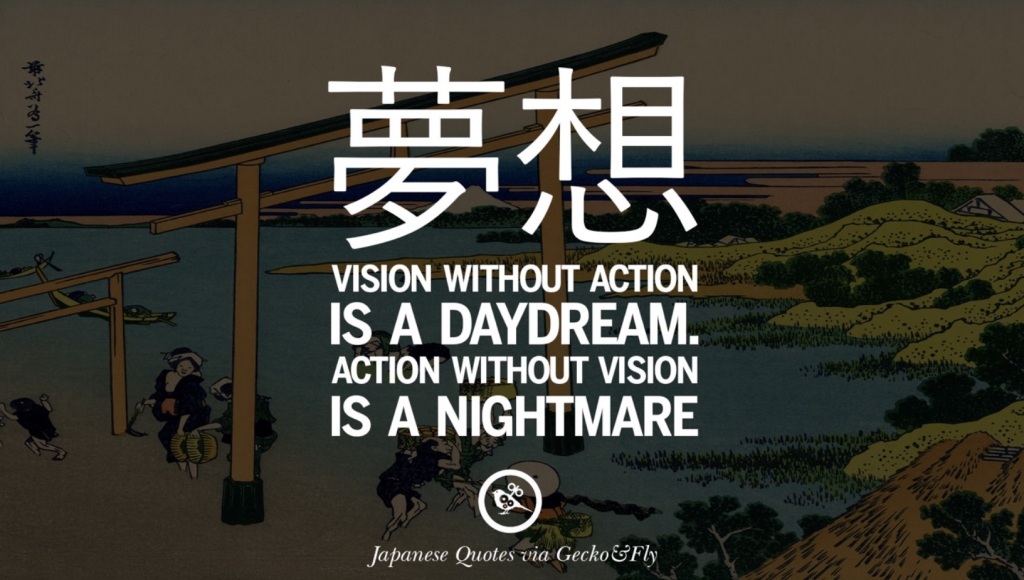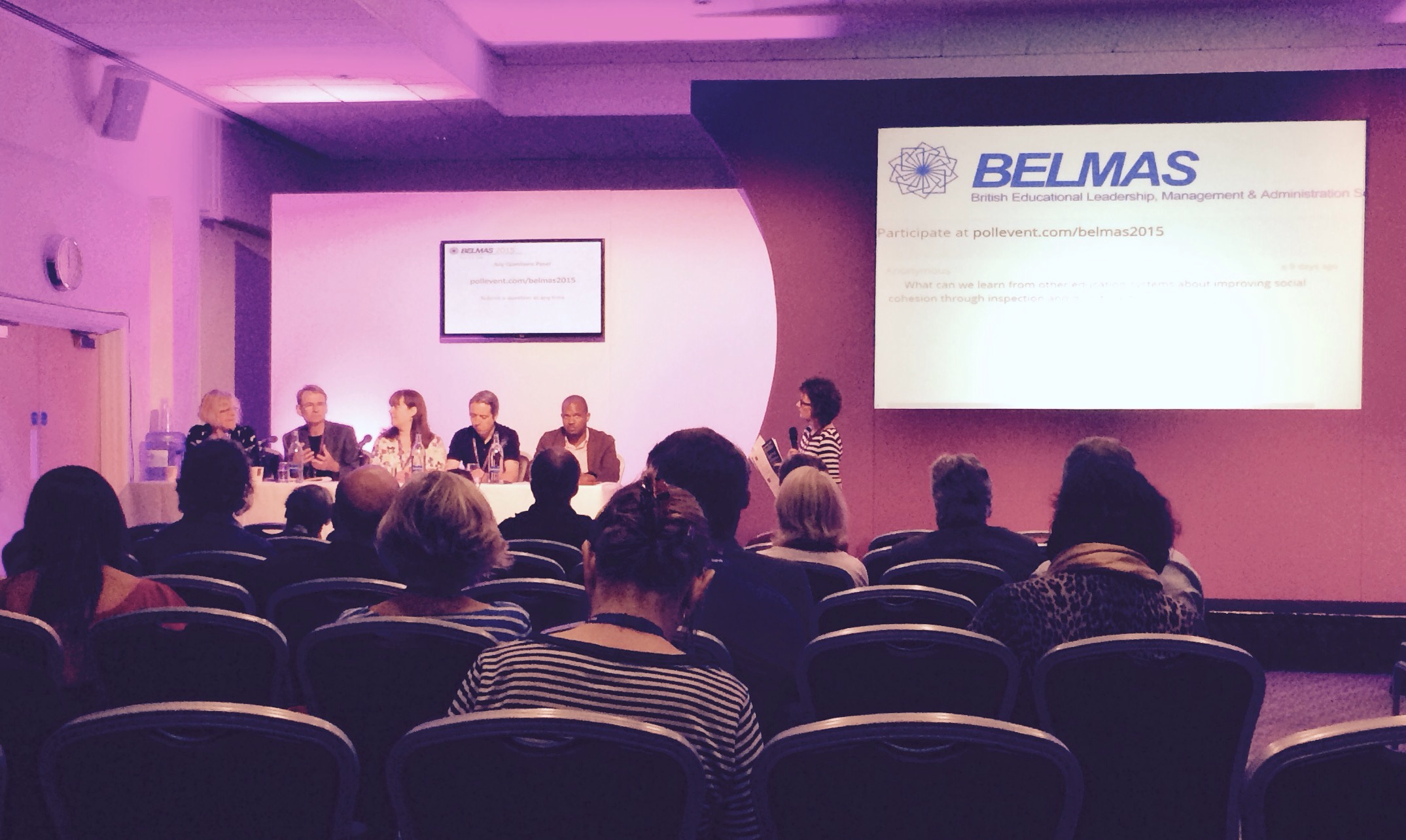Discussing strategy is a wonderful part of my job. In particular it is often discussed as part of the Masters courses and almost certainly part of doctoral study. Having been a Senior Leader in Education for many years now, I am always fascinated by the way in which some in Education are drawn to strategy and others dismiss themselves, saying they are definitely not strategic thinkers.
After working near Silverstone for years I have become a fan of F1. I’m not sure I could cope with driving at 300 mph, but I’m always intrigued as to just how important strategy is. More than once I’ve seen team strategists interviewed on the race coverage and even better more than once I’ve seen female strategists interviewed. What is involved in their work? Part of their work is to design an overall plan for their team, working with different departments and coordinating efforts. Inevitably, there will be a great deal of analysis. It is worth listening to the F1 strategists as they talk in terms of confidence levels and probabilities. There is a good article on them here. As I write a strategist is explaining the analysis of tyre usage in relation to the weather conditions. F1 fans will be familiar with the work of former Aston Martin strategist, now at Sky, Bernadette Collins who said,
‘You’re constantly re-evaluating your strategy, the same way you’ve been doing in the three months since picking the tyres.’
Why mention gender?
Forbes reported that women are often perceived as being less able to be strategic thinkers than men. There is a perceived gap in terms of thinking skills between the genders with senior leadership but this is said to have evaporated by the age of 50! This is often explained in terms of there still being an under representation of women in senior leadership posts. However, it could be one in a long line of stereotypes.
Why fun?
Strategy and its relationship with leadership has always been something I’ve found interesting. In fact, I’ve often found that what is even more interesting is people’s reactions to someone who presents themselves as a strategic leader. This is particularly evident in another interest of mine and that is watching the television series Australian (and although not quite as good yet UK) Survivor.

Game plans, social games, strategic moves and of course the inevitable blindsides are all integral features of the process, possibly even more so than the physical challenges. At the end of the series the finalists have an opportunity to present to the jury as to why they are worthy winners and their strategies are scrutinised. Often the arguments they present are a summary of the strengths and possibly weaknesses of their strategies. Past winners have put forward the strategies they think made the difference including, ‘Gain everyone’s trust’, ‘Eliminate threats’ and ‘Be Friendly’. Even at present with another series of Traitors on the air – do not fear there will be no spoilers – there is a real sense of what does good strategy look like. Quite frequently we will hear the phrase ‘they are playing such a good game’. The Independent this week shared an article, ‘How to win The Traitors, according to psychology experts’. In this the experts share their insight into winning ways.

So how would you be likely to encounter strategy in educational leadership?
Many readers will be fully aware of the role of aims, objectives, mission statements and goals in education. Schools and leadership teams will often revisit these aspects on an annual basis in order to review the goals for the organisation in order to keep up to date with modern challenges and to improve practice. As a Head of Department I would also review my goals each year and see what progress had been made. Sometimes it felt like only baby steps as new demands often piled on top of existing plans.
Being able to establish and review priorities is not always easy especially with financial restraints in place. This is why it makes total sense to me to really grapple with theories about what can improve your capacity for strategic thinking. The thinking part if key in my mind and what is interesting is that many I think confuse strategy with outcomes. Yes it will be important to establish the goals that you are working towards, but there is a lot more involved in creating an effective strategic plan. It will be about deciding the way forward, but that will also involve deciding what not to do. Those that know me will know that I am a great believer in moral purpose in leadership and there is a wonderful link here with strategic thinking. Effective strategic thinking will be the way that moral purpose will be translated into improving provision.
Just as it is with the right selection of tyres in F1, it is vital that the right choices are made, that action happens. Decisions are faced and made well because they are underpinned by good strategic thinking. Strategy can never remain at the thinking level, because implementation turns the thought into results. Emeritus Professor Lee Bolman who was the Leadership Chair at the Bloch School of Management, University of Missouri-Kansas City said that,
‘A vision without a strategy remains an illusion’
Many argue that there a whole list of skills that you can develop in order to improve this capacity – this is certainly something we look at in our studies. So where does that leave you? Do you consider yourself a strategic thinker? Ever thought about how to get better at this? What do you think is the relationship between strategy, vision, action and purpose? Perhaps this is the year to sign up and invest in your own development in this key aspect of Leadership.











 I’ve interviewed a lot of people, hundreds and like many deputies I’ve read through hundreds and hundreds of application forms. By all accounts I’m quite a tough interviewer, but I like to think I’m fair. I’ve also been interviewed a lot over the years. Some have been great interviews, some make me shudder at the memory of them, some awful. I’ve also learnt a great deal from interviewing alongside some impressive leaders. There are always lessons to be learnt from the experience, whether you’re the interviewer or interviewee.
I’ve interviewed a lot of people, hundreds and like many deputies I’ve read through hundreds and hundreds of application forms. By all accounts I’m quite a tough interviewer, but I like to think I’m fair. I’ve also been interviewed a lot over the years. Some have been great interviews, some make me shudder at the memory of them, some awful. I’ve also learnt a great deal from interviewing alongside some impressive leaders. There are always lessons to be learnt from the experience, whether you’re the interviewer or interviewee.


 Twitter has been buzzing ever since the consultation documents came out on the proposals for GCSE and A Level RE. Daniel Hugill (@DanielHugill) posted some
Twitter has been buzzing ever since the consultation documents came out on the proposals for GCSE and A Level RE. Daniel Hugill (@DanielHugill) posted some